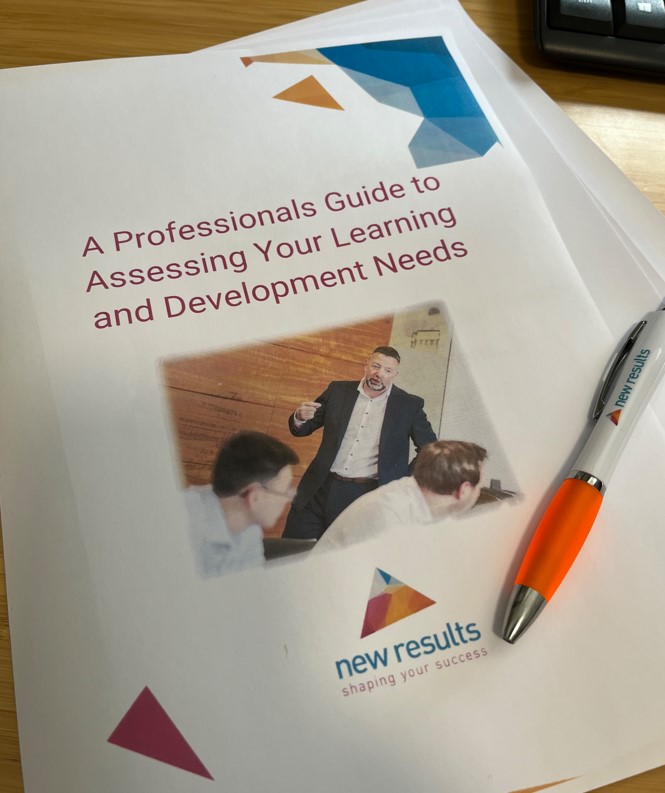Phone based selling is an important part of many organisations overall sales strategy.
The phone acts as a quick and efficient way of having conversations with a number of prospective customers. From charities to aerospace engineers, we have had the opportunity to work with a huge spectrum of phone based sellers.
So where do we start?
We get them to understand what they are selling – This can be selling an appointment, selling a product or service, raising awareness or cleansing data on a CRM (Customer Relationship Management) system.
Let’s start off with fundamentals, focus on what you are trying to achieve? What, in fact are you selling, if anything?
If you are cleansing data on a system are you selling anything? Yes, you are asking someone to commit to giving you their company or individual information. To achieve this you need to “sell” yourself as a credible and reliable person over the phone. If you are booking appointments then you are asking people to commit some of their time to meet you or the person you are booking appointments for.
Goal setting is a great first step in any sort of call. We like to ask sales teams to look at three sorts of goals for the general calling. These are Ideal, Realistic and the Fallback (I,R and F). This helps to focus the mind on the end goal and they can move towards them. It also helps to potentially identify opportunities that may have previously been missed.
The other fundamental aspect is in pre call planning (this is just as true in face to face selling). Even a small amount of time invested in preparation can pay huge dividends in a busy sales environment.
Let’s look at some of the simple things you can do to boost your phone based sales techniques:
- Understand why you are calling (see the goals section above).
- Do your research, even a 2 minute look on their website and a look at their LinkedIn profile of the individual will provide a starting point for a meaningful business conversation.
- Ask their permission to talk, do you have time now? When would be a good time to discuss this with you?
- Your attitude and approach to calling is key – pick a time when you have plenty of energy and are enthusiastic.
- Be curious and ask great questions, find out about the person and business you are speaking to. Engage them in a business conversation (not one way traffic from you).
- Listen and make notes. This is so often overlooked, you have a load of things to achieve on a call, make your life easier by making notes. Making notes will force you to listen and confirm details (not many people do this well).
- Give them a reason to engage with you, make them curious and want to know more about what you do.
- Remember to follow up. Send an email or a calendar invite (whatever works best for them, not you!)
- Politely ask for what you called about, the sale, the appointment or clarity on their data. Many people get wrapped up and assume they can’t ask. You will be surprised how many people will say yes if you ask in the right way, at the right time and in the right manner.
- Agree a call back at a specific time and day stick to it!
- Take control of the call. At the end summarise any key information and recap on agreed actions, what happens next and who is involved
All of this is simple stuff that can be learned in a short period of time. It’s your choice here, you may need to step out of your comfort zone and do something a little different. From our perspective this is all about doing the basics extraordinarily well. It takes time to build your confidence, see our short video here on the triangle of Knowledge Skills and Behaviours. Get these parts right and you have a great foundation to go on and build you sales over the phone.










